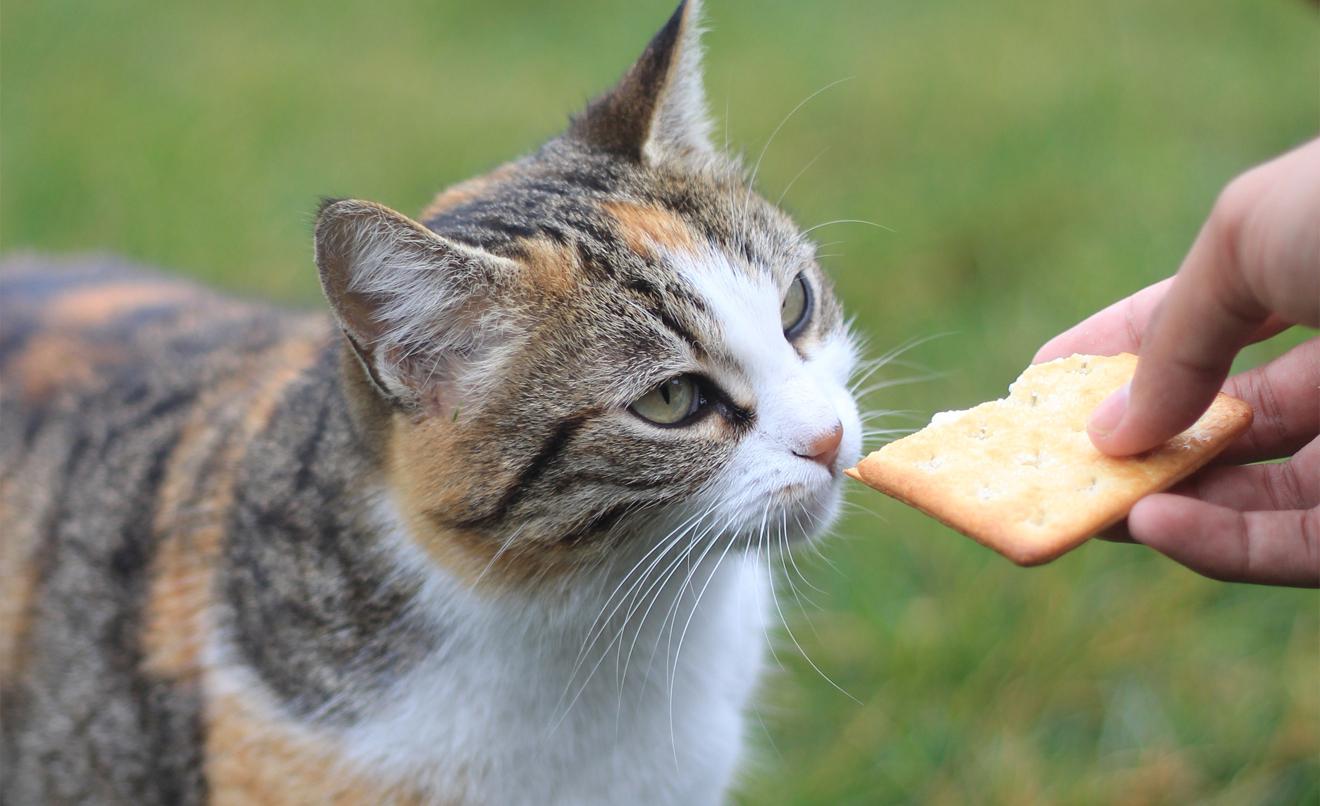It is quite important to know which foods you should avoid in order not to put your cat’s health at risk. For instance, did you know that milk in adult cats may be harmful to their body?
If your pet is a cat, you must
bear in mind that, unlike dogs and humans, cats are carnivores, not omnivores. For
this reason, there are some foods that they cannot properly digest and are not
recommended for their body.
It is essential to know which
foods you should avoid in order not to put your cat’s health at risk. Here is a
list of the most harmful foods for your cat:
- Milk and dairy products. After the breastfeeding
period, most cats become lactose intolerant. Milk or dairy products intake
may cause digestive disorders in the animal, such as vomiting, diarrhea,
etc.
- Salty foods. Products with excessive
salt content may cause hepatic disorders and hypertension. For this
reason, the best option is to avoid products such as cold meat or to take
them low-salted and in small quantities.
- Chocolate and sweets. Chocolate is the forbidden
food par excellence in both cats and dogs since it may cause an unusual
acceleration of the heart rate and provoke vomiting, diarrhea, and failure
in the body. Similarly, sweets and sugar cause complications such as
insulin excess or hepatic insufficiency.
- Vegetables. Onions, garlic and
leeks are vegetables that may damage red blood cells and cause anemia in
animals. Potatoes or tomatoes may also be harmful if eaten raw. Therefore,
the best option is to avoid any kind of raw vegetable.
- Dog food. Food for dogs does not
have the necessary nutrients for cats, and this may cause a nutritional
deficiency and health disorders.
- Some fruits, such as
grapes and citrus fruits. Grapes and raisins are quite harmful for felines; a small
quantity of them may make the cat sick quickly, affecting the kidney.
Likewise, citrus fruits, such as lemons, oranges and grapefruits, may
cause diarrhea and stomachache.
- Alcoholic drinks. Alcoholic drinks, drugs,
or any other kind of stimulant are extremely damaging for the health of our
pets, causing vomiting, diarrhea, respiratory disorders, disorientation,
etc.
It is quite important to watch
the behavior of our pets, especially if we believe that they might have taken any
of the previously mentioned foods. And in the event of any doubt, contact our
veterinarian.
Undoubtedly, the best option is to use high-quality
foods and dietary supplements that are specific to cats.
